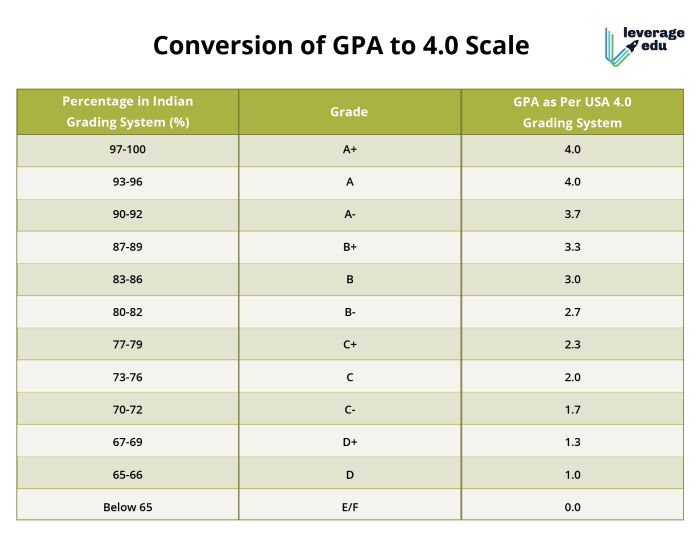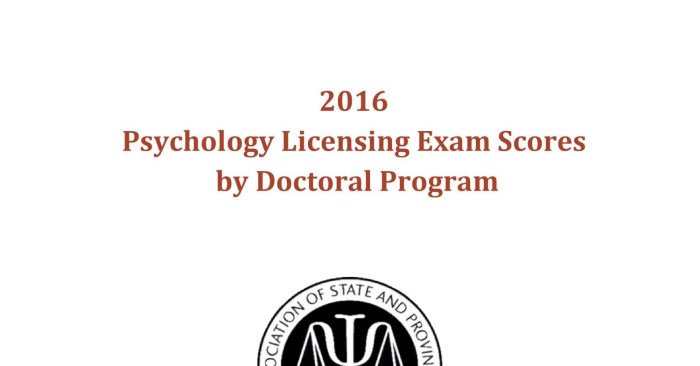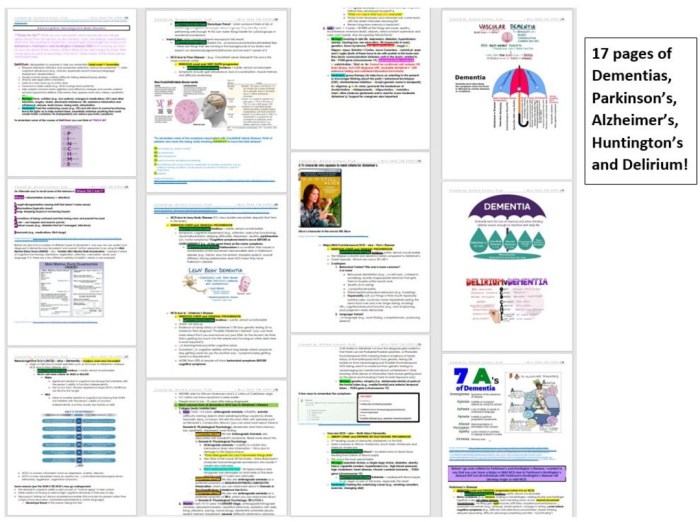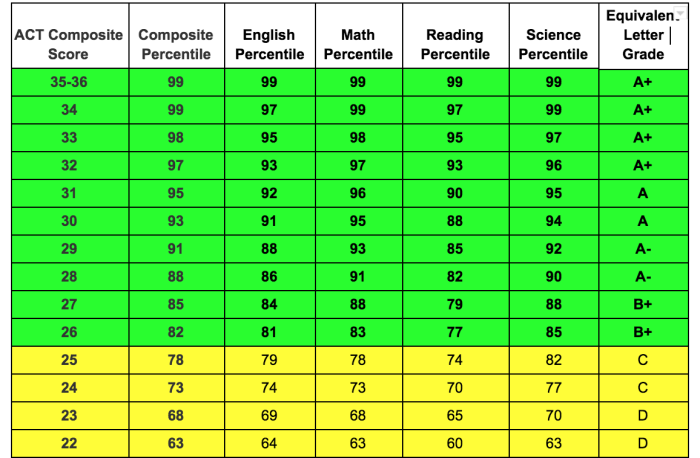An EPPP converted score of 75 holds significant implications for licensure and professional practice. This score indicates a strong performance on the exam, and it is generally accepted as a passing score for licensure in most states.
The EPPP (Examination for Professional Practice in Psychology) is a standardized exam that assesses the knowledge and skills of entry-level psychologists. A passing score on the EPPP is required for licensure in most states, and it is also used by many employers to evaluate job candidates.
EPPP Converted Score of 75

A converted score of 75 on the Examination for Professional Practice in Psychology (EPPP) indicates a strong performance on the exam.
This score is typically associated with a high level of knowledge and competence in the core areas of psychology practice, including ethical and legal issues, assessment, intervention, and research.
Implications for Licensure and Professional Practice
In most jurisdictions, a passing score on the EPPP is required for licensure as a psychologist.
A converted score of 75 suggests that an individual has met or exceeded the minimum competency requirements for licensure and is well-prepared to practice psychology independently.
Interpreting EPPP Results: Eppp Converted Score Of 75

The EPPP score ranges and their corresponding performance levels are summarized in the table below:
| Score Range | Performance Level |
|---|---|
| 75-100 | Superior |
| 65-74 | Proficient |
| 55-64 | Basic |
| Below 55 | Needs Improvement |
Several factors can influence EPPP performance, including:
- Test-taking strategies
- Preparation methods
- Knowledge and skills in the content areas covered by the EPPP
Effective test-taking strategies can help you maximize your score on the EPPP. These strategies include:
- Managing your time effectively
- Reading the questions carefully
- Eliminating obviously incorrect answer choices
- Guessing intelligently on questions you are unsure about
Thorough preparation for the EPPP is also essential for success. This preparation should include:
- Reviewing the content areas covered by the EPPP
- Taking practice tests
- Getting feedback from a qualified professional
EPPP Subscores
The EPPP consists of six subscores, each of which assesses a specific content area. These subscores provide valuable information about your strengths and weaknesses, and can help you identify areas where you may need additional study.
The following table displays the EPPP subscores and their respective content areas:
| Subscore | Content Area |
|---|---|
| Professional, Ethical, and Legal Issues | Ethical and legal responsibilities of psychologists, cultural and individual diversity, professional values and conduct |
| Biological Bases of Behavior | Biological and neuropsychological foundations of behavior, including neuroanatomy, neurophysiology, genetics, and psychopharmacology |
| Cognitive and Affective Bases of Behavior | Cognitive processes, such as attention, memory, language, and problem-solving, as well as emotional and motivational processes |
| Social and Personality Bases of Behavior | Social psychology, personality theory, and individual and group dynamics |
| Assessment and Intervention | Psychological assessment and intervention techniques, including testing, diagnosis, and treatment planning |
| Research Methods and Statistics | Research design, data analysis, and interpretation of research findings |
High subscores in a particular area indicate that you have a strong understanding of that content area. Low subscores, on the other hand, may indicate areas where you need additional study. By reviewing your subscores, you can identify your strengths and weaknesses and develop a plan to improve your knowledge and skills.
EPPP Preparation Strategies

Preparing for the EPPP can be a daunting task, but with the right strategies, you can increase your chances of success. This guide will provide you with a step-by-step plan for preparing for the exam, including study materials, practice tests, and time management techniques.
In addition to the general strategies Artikeld below, we will also provide tips for improving performance on specific EPPP content areas.
Study Materials
The first step in preparing for the EPPP is to gather the necessary study materials. There are a variety of resources available, including textbooks, online courses, and practice tests. It is important to choose materials that are comprehensive and up-to-date.
- Textbooks: There are a number of textbooks available that cover the content of the EPPP. Some popular options include the “EPPP Study Guide” by the Association of State and Provincial Psychology Boards (ASPPB) and the “EPPP Practice Questions and Answers” by Kaplan.
- Online courses: There are also a number of online courses available that can help you prepare for the EPPP. These courses typically provide video lectures, practice questions, and other resources.
- Practice tests: Practice tests are a great way to assess your progress and identify areas where you need additional study. There are a number of practice tests available online and in bookstores.
Time Management
Once you have gathered your study materials, it is important to develop a time management plan. The EPPP is a challenging exam, and it is important to give yourself enough time to prepare. Most experts recommend studying for at least 100 hours before taking the exam.
- Create a study schedule: The first step is to create a study schedule that works for you. Be realistic about how much time you can commit to studying each week. It is better to study for a shorter period of time each day than to try to cram everything in at the last minute.
- Stick to your schedule: Once you have created a study schedule, it is important to stick to it. If you find yourself falling behind, make adjustments to your schedule as needed. However, it is important to avoid skipping study sessions altogether.
- Take breaks: It is important to take breaks while you are studying. This will help you to stay focused and avoid burnout. Get up and move around every 20-30 minutes, or take a short break to clear your head.
Improving Performance on Specific EPPP Content Areas
In addition to the general strategies Artikeld above, there are a number of specific strategies that you can use to improve your performance on specific EPPP content areas.
- Ethical and Legal Issues: This content area covers the ethical and legal responsibilities of psychologists. To improve your performance in this area, be sure to familiarize yourself with the APA’s Ethical Principles of Psychologists and Code of Conduct.
- Biological Bases of Behavior: This content area covers the biological bases of behavior, including neuroanatomy, neurophysiology, and genetics. To improve your performance in this area, be sure to have a strong understanding of the nervous system and how it functions.
An EPPP converted score of 75 indicates a high level of knowledge in professional psychology. If you’re looking to delve deeper into a specific aspect of psychology, you might find the the crucible act 1 quiz particularly useful. It’s a great way to test your understanding of this classic play and its psychological themes.
Moreover, it can help you gauge your knowledge of this specific area within psychology. By taking this quiz, you can reinforce your understanding of the EPPP converted score of 75 and further enhance your knowledge in professional psychology.
- Cognitive and Affective Bases of Behavior: This content area covers the cognitive and affective bases of behavior, including learning, memory, emotion, and motivation. To improve your performance in this area, be sure to have a strong understanding of the different theories of learning and motivation.
- Social Bases of Behavior: This content area covers the social bases of behavior, including social psychology, group dynamics, and cultural psychology. To improve your performance in this area, be sure to have a strong understanding of the different theories of social psychology.
- Assessment and Intervention: This content area covers the assessment and intervention of psychological disorders. To improve your performance in this area, be sure to have a strong understanding of the different types of psychological disorders and the different treatment approaches.
Resources for EPPP Preparation
To prepare effectively for the EPPP, consider utilizing various resources that align with your learning style and schedule. Here are some recommended options:
Study Guidesprovide comprehensive coverage of the EPPP content areas, offering detailed explanations, practice questions, and mock exams.
Online Coursesoffer flexibility and structured learning through video lectures, interactive exercises, and online discussion forums.
Workshopsprovide in-person or virtual group sessions led by experienced instructors, allowing for focused study and peer interaction.
Benefits and Drawbacks of Different Preparation Methods, Eppp converted score of 75
Study Guides:
- Pros: Comprehensive coverage, self-paced learning, affordable.
- Cons: Can be overwhelming, less interactive.
Online Courses:
- Pros: Structured learning, video lectures, online support.
- Cons: Can be expensive, requires internet access.
Workshops:
- Pros: In-person interaction, focused study, immediate feedback.
- Cons: Limited availability, can be costly.
EPPP Exam Day

The EPPP is a standardized exam administered by the Association of State and Provincial Psychology Boards (ASPPB). It is a computer-based exam that typically takes about 4 hours to complete. The exam is divided into two sections, each with 120 multiple-choice questions.
On the day of the exam, you will need to arrive at the testing center at least 30 minutes early. You will be required to present a valid photo ID and sign in. You will then be escorted to a computer station where you will take the exam.
Managing Stress and Anxiety on Exam Day
It is normal to feel some stress and anxiety on the day of the EPPP. However, it is important to manage your stress and anxiety so that it does not interfere with your performance on the exam.
- Get a good night’s sleep before the exam.
- Eat a healthy breakfast on the morning of the exam.
- Arrive at the testing center early.
- Take some deep breaths and relax before starting the exam.
- Focus on one question at a time.
- Don’t worry about the questions you don’t know.
- Take breaks as needed.
- Stay positive and believe in yourself.
Post-EPPP Evaluation

After taking the EPPP, individuals will receive their results within approximately 4-6 weeks. The results will be sent via email and will include a score report that details the individual’s performance on the exam. The score report will provide a scaled score, which is a conversion of the raw score to a standardized scale, and a pass/fail determination.
Options for Individuals Who Do Not Pass the EPPP
Individuals who do not pass the EPPP on their first attempt have several options available to them. They can:
- Retake the exam after a period of time has passed.
- Seek additional preparation and support before retaking the exam.
- Consider alternative career paths or explore other options within the field.
Commonly Asked Questions
What is the EPPP?
The EPPP is the Examination for Professional Practice in Psychology, a standardized exam that assesses the knowledge and skills of entry-level psychologists.
What is a passing score on the EPPP?
A passing score on the EPPP varies by state, but a converted score of 75 is generally accepted as passing.
What are the implications of an EPPP converted score of 75?
An EPPP converted score of 75 indicates a strong performance on the exam and is generally accepted as a passing score for licensure in most states.